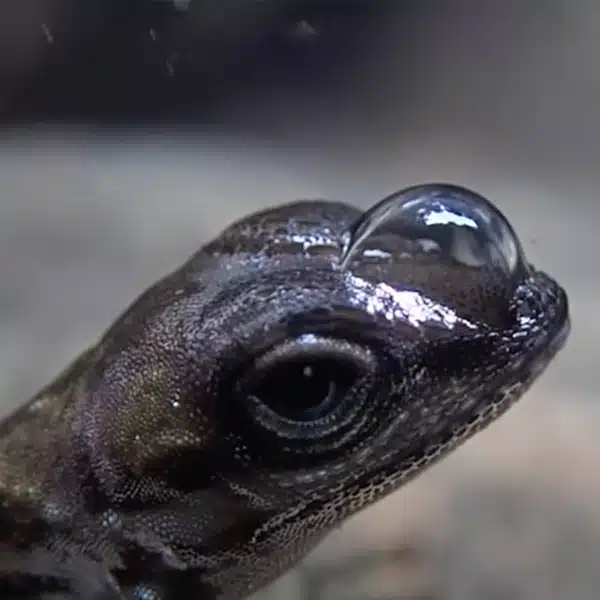
Photo: Kelly
Pet owners would be hard-pressed to believe their furry friends don't understand when they speak to them. After all, the little head tilts and reactions to tones of voice are proof enough that animals comprehend their humans. Cats, however, can be mysterious. Are they listening? Well, a recent study has provided some evidence for what many feline owners intuitively feel; that, no matter how aloof a cat acts, they're always paying attention. The kitty is also learning a few human words while they're at it, particularly the names of other cats.
A recent study headed by Kyoto University Ph.D. student Saho Takagi tested whether cats living under the same roof learn can each other's names. The study looked at 19 domestic cats living in households with at least two other feline inhabitants as well as 29 cat café residents.
To measure the results, the researchers relied on the assumption that cats express surprise by staring longer at the unexpected. This is a reaction noticed in human babies (as well as in other species) so the idea is plausible, if not necessarily quantifiable. The researchers conducted no training beforehand as far as trying to teach the subjects other cats' names. Rather, the point was to study the “spontaneous learning of relationships between names and faces in their everyday experiences, similar to what human children do.”
To do this, they showed each cat a photo of a familiar feline on a laptop after playing them a recording of its owner calling the name of a cat. Half of the trials were congruent, meaning the photo matched the name called, and the other half were incongruent. The results showed that household cats did, in fact, pay more attention to the photo shown in the incongruent instances, “suggesting an expectancy violation effect”; they seemed surprised to see a different cat than the one whose name had been called. This tendency was stronger in cats who had lived with their human family for a longer time. The café cats did not show this tendency, likely because there were fewer third-person interactions to observe in which a human called a specific cat's name.
Skeptics might, fairly, point out that testing 19 domestic cats is too small a sample to achieve statistical significance. But on the other side of the coin, the longer the cats had lived with each other and their humans, the stronger the effect. Overall, the study concludes that it “provides evidence that cats link a companion's name and corresponding face without explicit training.” They are definitely listening.
h/t: [IFLScience]
Related Articles:
Study Reveals That Cats Are Bonded to Their Humans Just as Much as Dogs and Babies
Study Shows Squirrels Eavesdrop on Birds to Understand If Danger Is Near
Scientific Study Finds That Dogs Understand What You’re Saying and How It’s Said






















































































